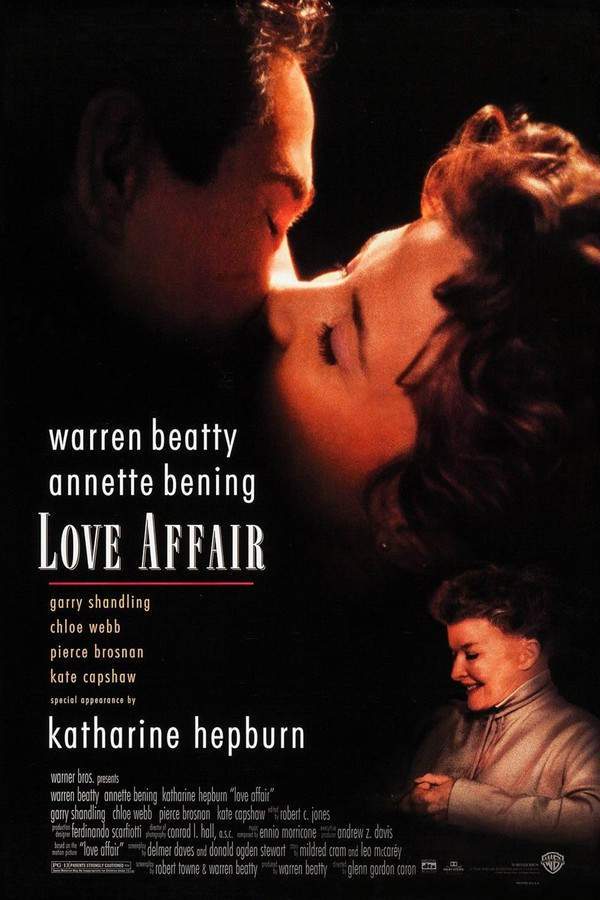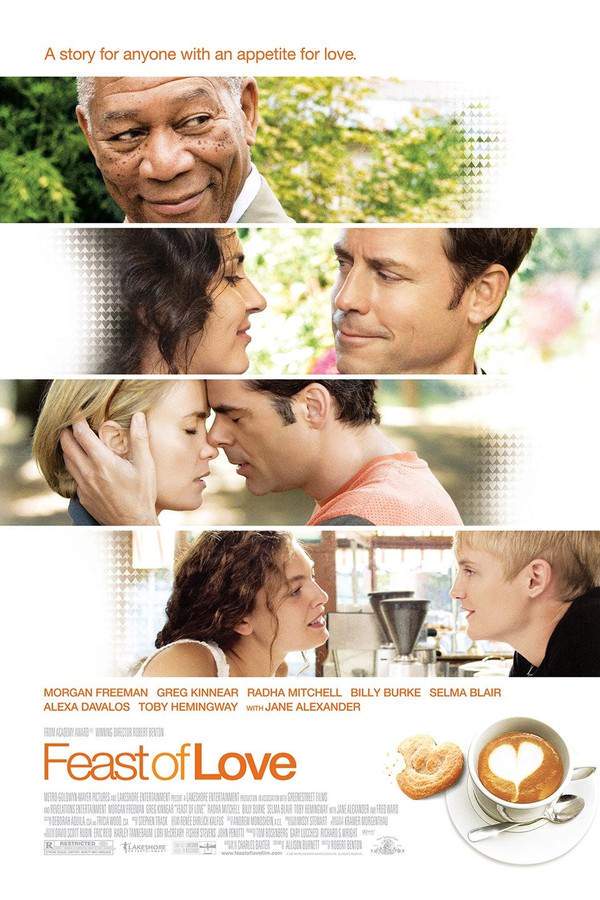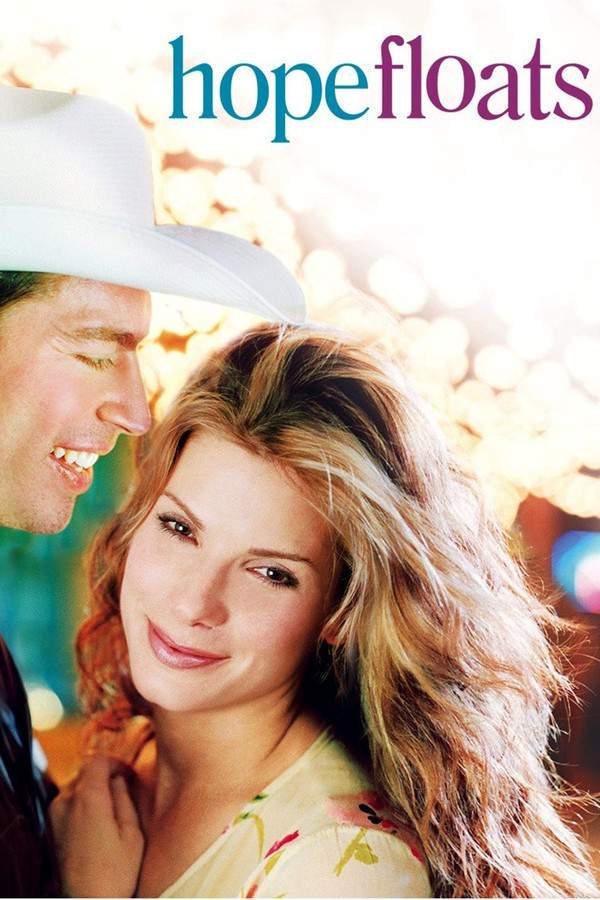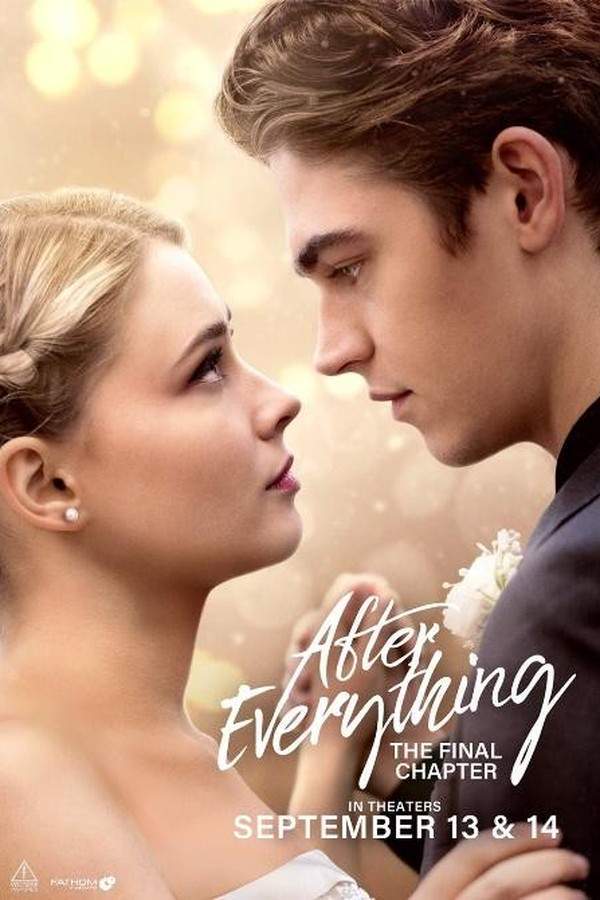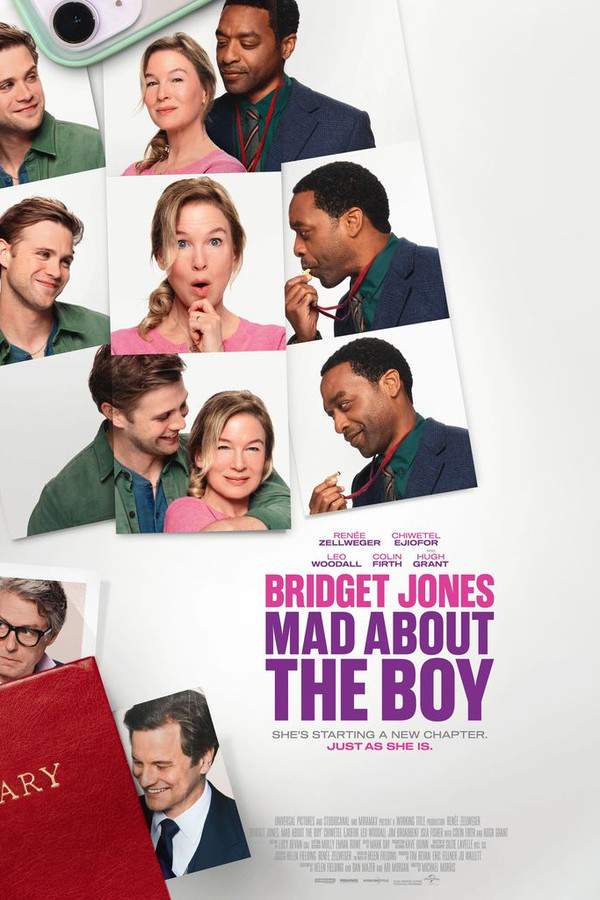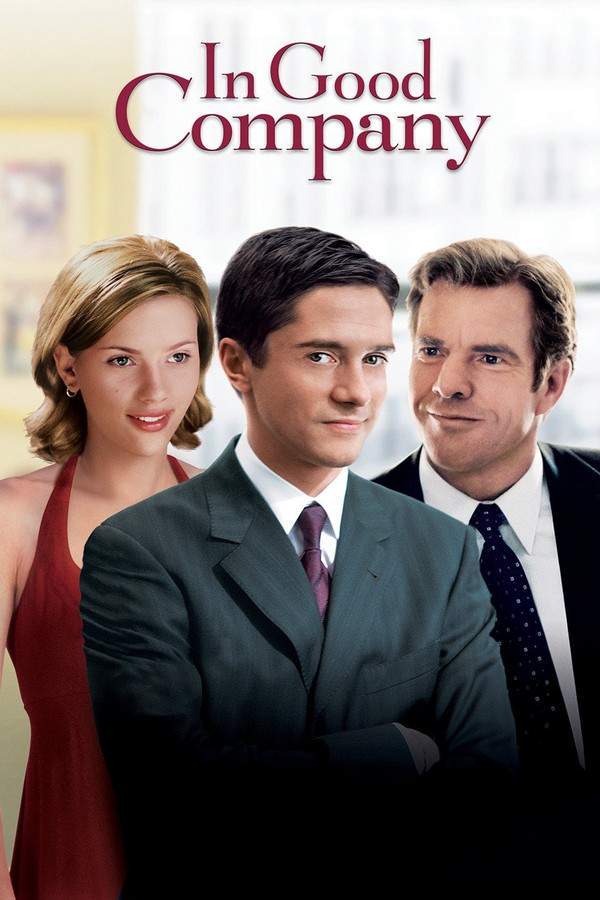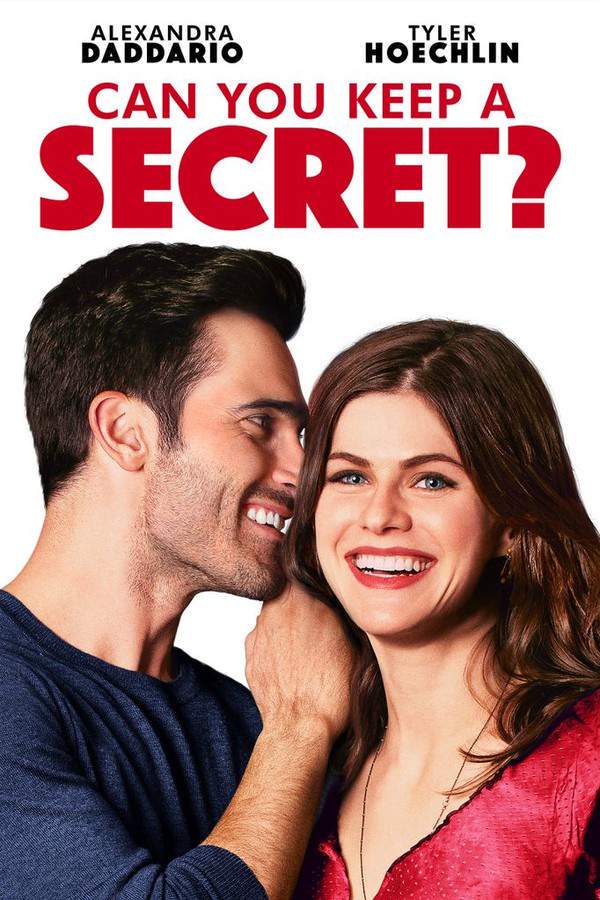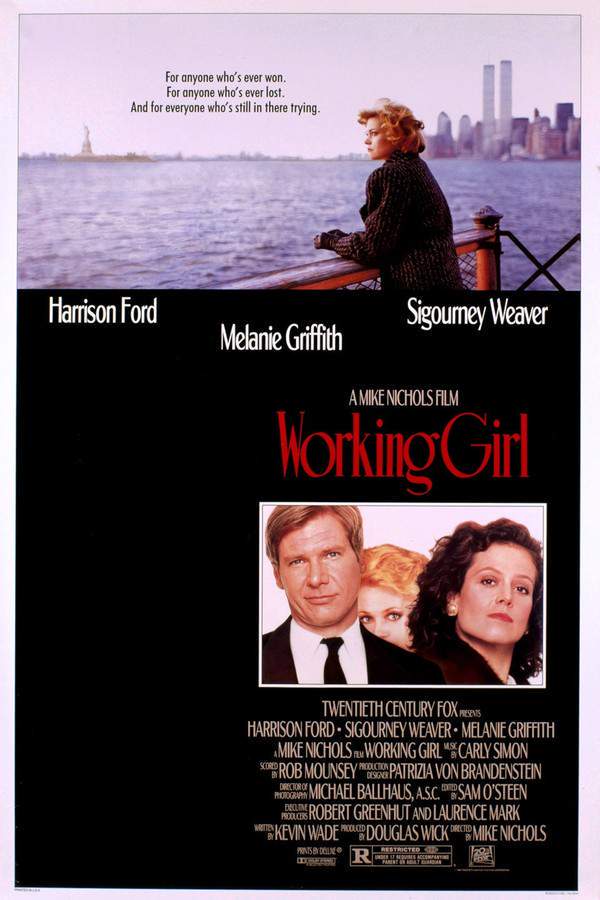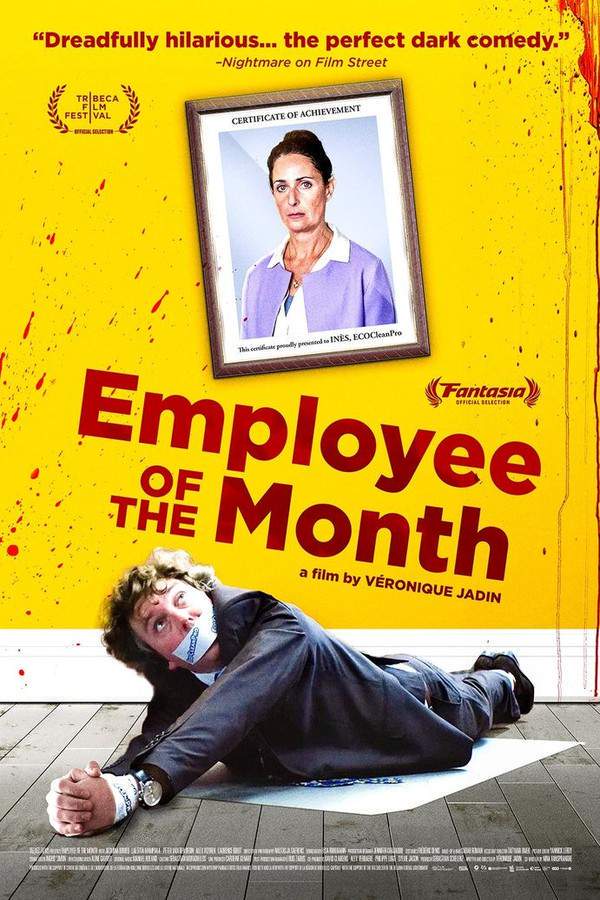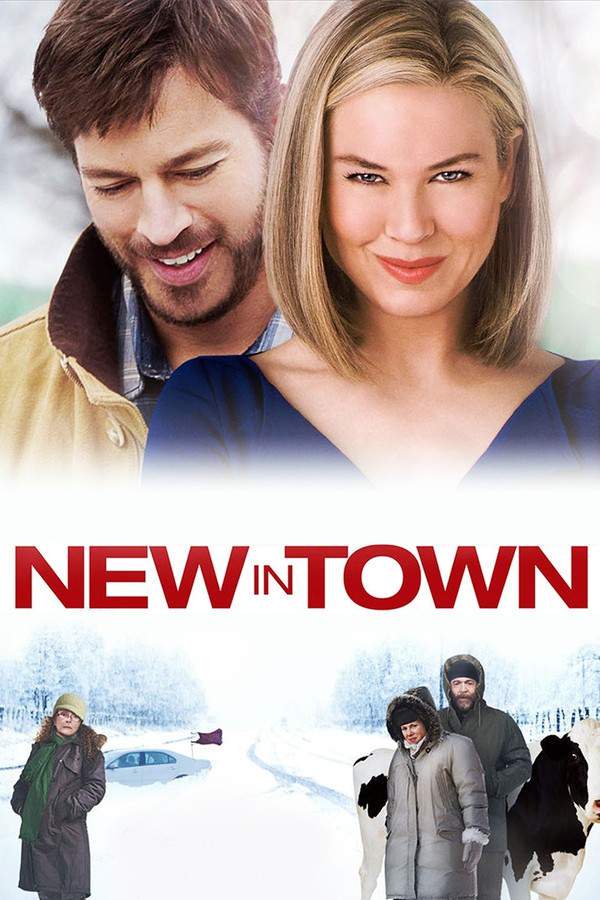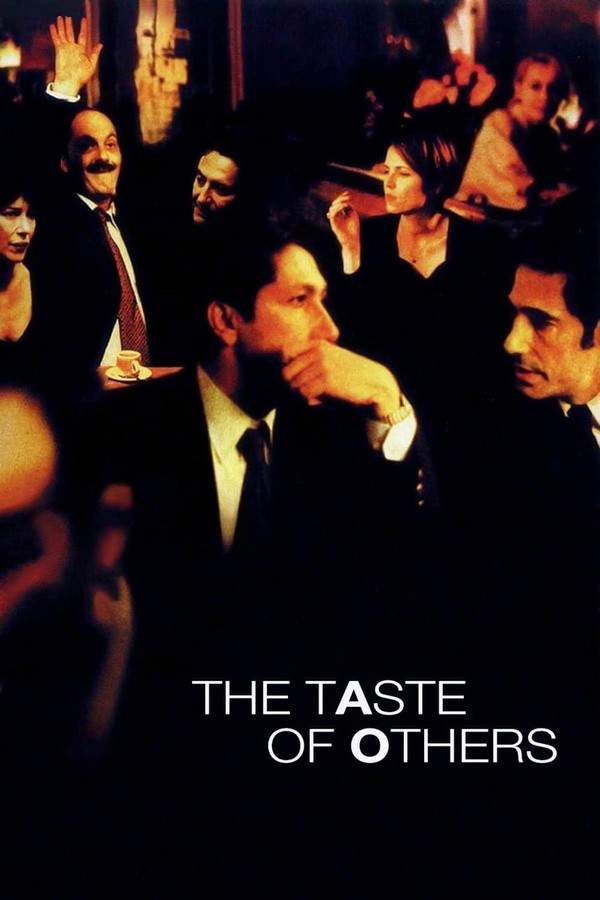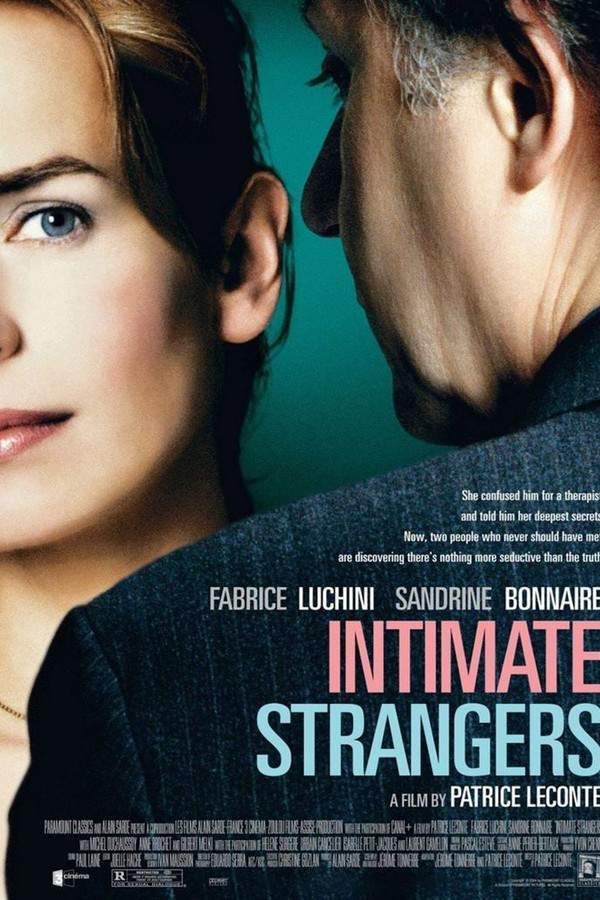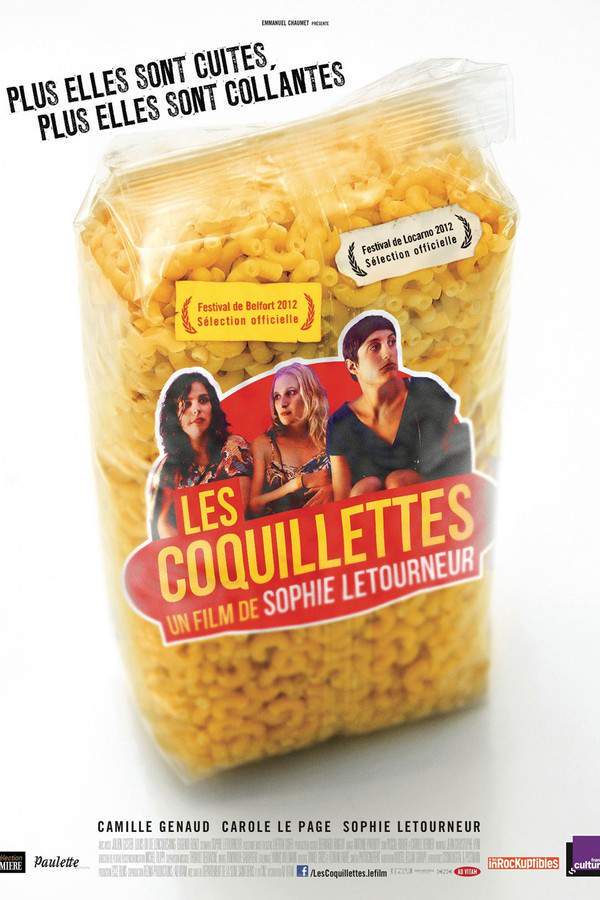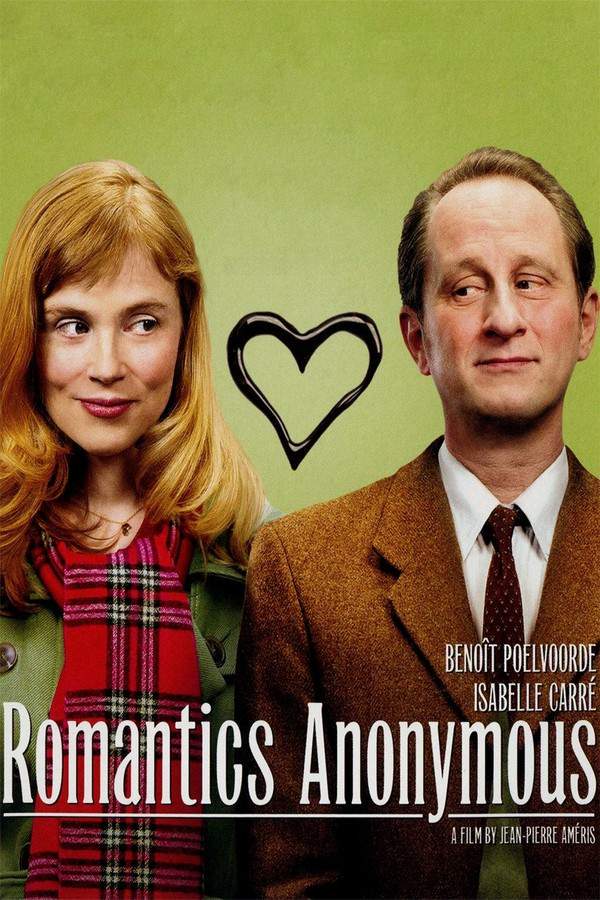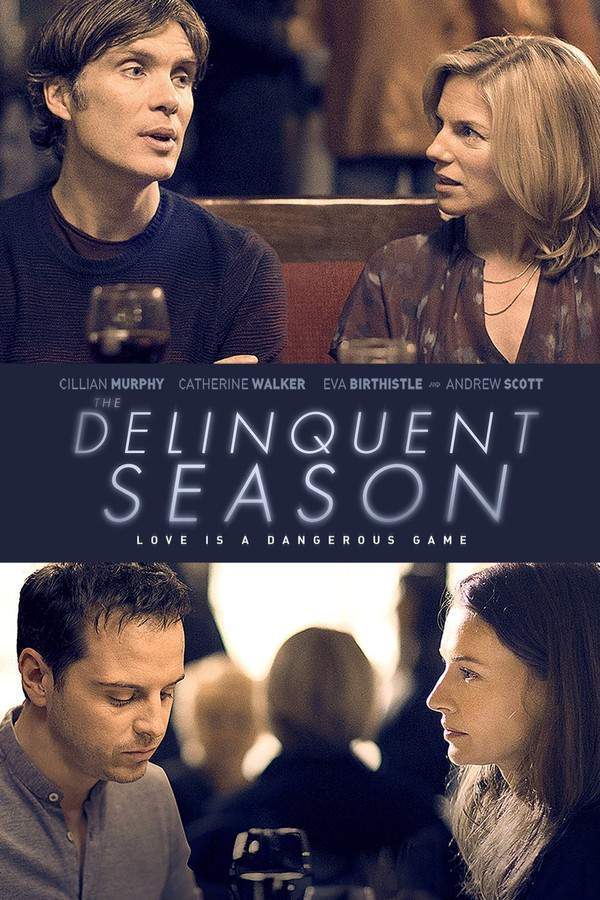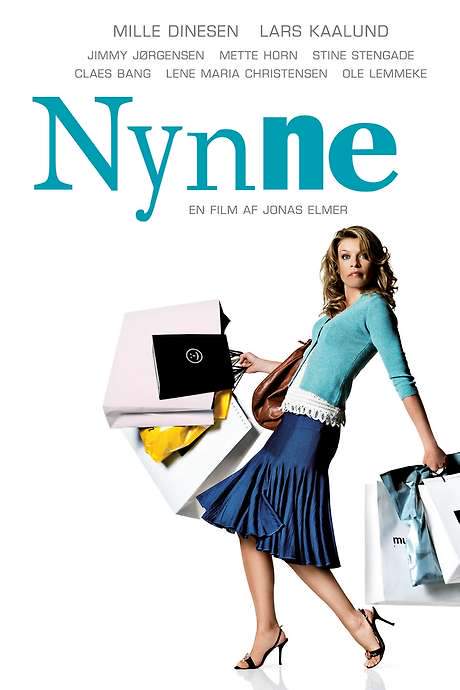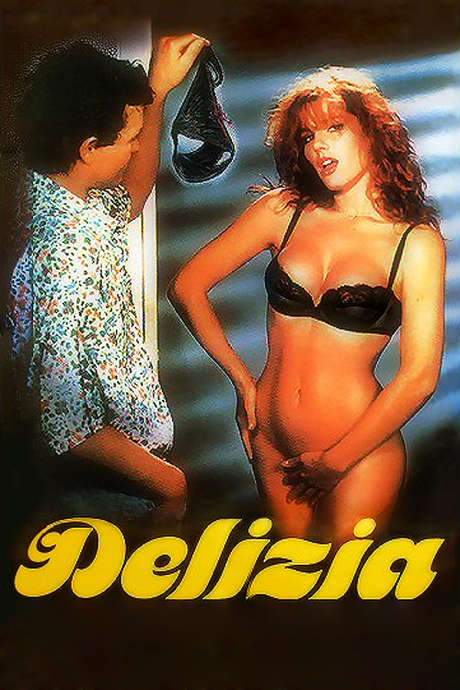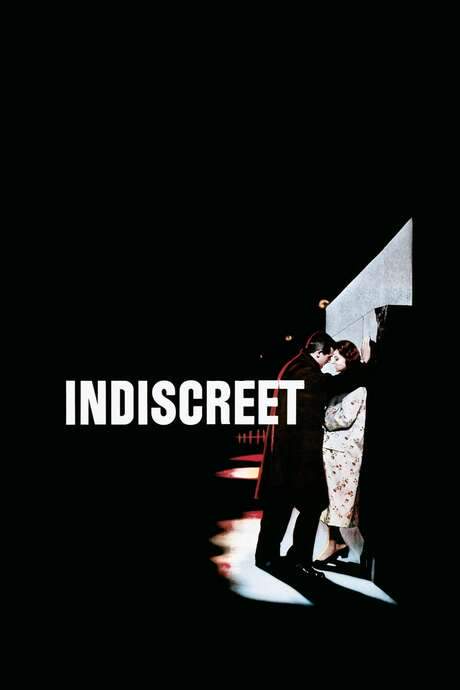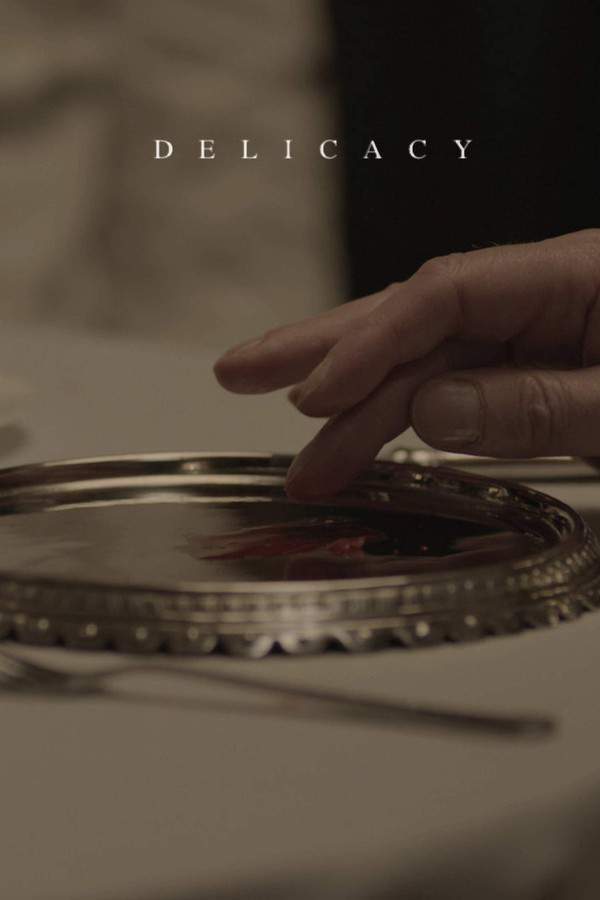
Delicacy
Year: 2012
Runtime: 108 min
Language: English
Directors: David Foenkinos, Stéphane Foenkinos
Following the tragic loss of her husband, Nathalie, a successful executive, throws herself into her career. Her life takes an unexpected turn when she begins a relationship with Markus, a shy and unconventional colleague. As their romance blossoms, they face judgment and insecurities, ultimately needing to confront the challenges of finding love and happiness again.
Warning: spoilers below!
Haven’t seen Delicacy yet? This summary contains major spoilers. Bookmark the page, watch the movie, and come back for the full breakdown. If you're ready, scroll on and relive the story!
Delicacy (2012) – Full Plot Summary & Ending Explained
Read the complete plot breakdown of Delicacy (2012), including all key story events, major twists, and the ending explained in detail. Discover what really happened—and what it all means.
Nathalie, a young and appealing woman, finds herself swept into a romance with François, an equally attractive man. Their bond is celebrated in a sequence that feels dreamlike, and soon they marry, embark on a honeymoon, and begin to face the kind of family pressure that pushes for children right away. Nathalie takes on a new job, a move that pays off professionally but also brings a personal complication: her new boss is attracted to her, which tugs at the edges of her marriage and tests her boundaries.
Tragedy interrupts the early happiness when François goes out for a jog and is killed in a traffic accident. Nathalie is left in a state of deep heartbreak, and the film follows how she absorbs and processes this loss. In the days that follow, she clings to memories and reminders of François, collecting his things in their shared apartment and discarding most of them in a moment of grief that feels almost therapeutic. Friends and family watch with concern as Nathalie’s world narrows into ruined routines and a stubborn withdrawal from life.
As time passes, Nathalie returns to work and effectively rebuilds a life around her professional duties. She becomes emotionally distant, pouring her energy into a big contract and the work itself. The atmosphere at the office tightens around her: her boss alternates between being professionally demanding and personally flirtatious, a dynamic Nathalie resists because it threatens the boundaries she has set after François. Yet, the professional sphere remains a space where she can move, think, and function, even if she is not looking for romance.
Then a new, unexpected connection begins to unfold. Markus, a subordinate on her team, steps into the conversation about a case in Nathalie’s office. In a moment that seems to come from nowhere, Nathalie experiences a trance-like shift and kisses Markus. He is stunned and later reflects on the moment, imagining Nathalie’s state as he walks past other women in the street, reading his own feelings into the scene. Markus, a native Swede who has spent many years in France, is a plain, balding, average-looking man around forty. He can hardly believe that someone like Nathalie would be drawn to someone like him, and he is both hopeful and unsure.
The next day, he asks why she kissed him, and Nathalie explains that she must have been elsewhere in a moment of daydreaming; she acknowledges the kiss as inappropriate and suggests they forget it. Markus cannot forget, and when he goes to Nathalie’s office the following day, he kisses her again. This time they both respond, and they agree to go to dinner. Their connection deepens as they spend time together, sharing a moment at a play and discovering a feeling that surprises them both.
As their relationship begins to take shape, Markus experiences a mix of elation and fear. He tells Nathalie that he is falling in love, admitting that the emotion feels ridiculous and that he worries about being hurt. The line is not just a private confession; it becomes a touchstone for the way he negotiates vulnerability with Nathalie. The two grow closer, but the workplace and society around them respond with gossip and judgment. A birthday party at the office turns into a scene where Nathalie must defend the relationship against prying eyes and sneers from her boss, who sees her romance as a betrayal to the memory of François. Nathalie confronts her boss, and a sharp exchange follows in which the boss uses cruel words about Markus and Nathalie’s fidelity. The confrontation pushes Nathalie to reassert her agency, even as it strains her relationship with her boss and her colleagues.
Feeling at odds with the world around her, Nathalie takes a walk away from the city to the countryside—the place from which François and his family also hail, and the place where she and Markus may find a new balance. She calls Markus and then brings him to a cemetery where François’s grave is located, only to discover the tomb is locked. Undeterred, they go to Nathalie’s grandmother’s home, where they are warmly welcomed. The grandmother offers quiet wisdom and asserts that Markus is a good man, a sentiment that resonates with Nathalie as she contemplates what she and Markus could become together.
That evening, in a simple, intimate supper of soup prepared by Nathalie’s grandmother, the electricity between Nathalie and Markus finally settles into a tangible closeness. They consummate their relationship, marking a clear shift from posturing and avoidance to a shared commitment. The morning after, in a sunlit garden, Markus playfully hides as a game of hide-and-seek unfolds. He imagines Nathalie in a series of life stages among the plants and trees, and Nathalie, counting, watches him with a calm, enigmatic smile that suggests contentment and a future she has chosen rather than one that was forced upon her.
Throughout the film, the emotional terrain remains intimate and observant. Nathalie’s past with François continues to shadow her, but the narrative invites viewers to see how she negotiates love after loss, how she tests the boundaries between devotion to memory and openness to new companionship, and how she finally opens a space where a second chance at happiness can exist. The ending lingers on a gentle sense of possibility, with the garden scene offering a quiet, almost devotional image of life, memory, and the uncertain task of living fully in the present.
Last Updated: October 09, 2025 at 16:22
Explore Movie Threads
Discover curated groups of movies connected by mood, themes, and story style. Browse collections built around emotion, atmosphere, and narrative focus to easily find films that match what you feel like watching right now.
Movies like Delicacy about finding love after loss
Stories about cautiously finding love while still carrying the weight of grief.If you liked the gentle, bittersweet romance in Delicacy, explore more movies about characters rebuilding their lives and cautiously finding love again after a tragic loss. These films share a similar mix of heartfelt emotion, quiet reflection, and hopeful resilience.
Narrative Summary
The narrative typically follows a protagonist who, after a significant loss (often a spouse or partner), has withdrawn from life. The story charts their gradual, often reluctant, re-emergence as they form a new, unexpected connection. The central conflict involves navigating their own grief and guilt while facing external judgment or internal doubt about moving forward.
Why These Movies?
Movies in this thread are grouped by their shared exploration of a very specific emotional state: love intertwined with grief. They possess a bittersweet tone, steady pacing that mirrors the slow process of healing, and a medium emotional weight that acknowledges pain without being overwhelming. The romance feels earned and realistic rather than purely fantastical.
Quiet workplace romance movies similar to Delicacy
Intimate relationships that blossom quietly in the everyday setting of work.For viewers who enjoyed the understated office romance in Delicacy, this collection features other movies where love stories unfold naturally between coworkers. These films focus on realistic connections, subtle character development, and the gentle drama of everyday life.
Narrative Summary
The plot revolves around two characters who know each other professionally. Their relationship develops through small, everyday interactions—shared projects, coffee breaks, moments of support—rather than grand gestures. The conflict often stems from workplace politics, societal judgment from peers, or the characters' own insecurities about crossing professional boundaries, leading to a romance that feels earned and believable.
Why These Movies?
These films are connected by their specific setting and the nature of the romantic build-up. They share a gentle, intimate mood, avoiding high-drama tropes in favor of realism. The pacing is typically steady, allowing the relationship to develop naturally, and the intensity is medium to low, focusing on emotional nuance over external plot twists.
Unlock the Full Story of Delicacy
Don't stop at just watching — explore Delicacy in full detail. From the complete plot summary and scene-by-scene timeline to character breakdowns, thematic analysis, and a deep dive into the ending — every page helps you truly understand what Delicacy is all about. Plus, discover what's next after the movie.
Delicacy Timeline
Track the full timeline of Delicacy with every major event arranged chronologically. Perfect for decoding non-linear storytelling, flashbacks, or parallel narratives with a clear scene-by-scene breakdown.

Characters, Settings & Themes in Delicacy
Discover the characters, locations, and core themes that shape Delicacy. Get insights into symbolic elements, setting significance, and deeper narrative meaning — ideal for thematic analysis and movie breakdowns.

Delicacy Spoiler-Free Summary
Get a quick, spoiler-free overview of Delicacy that covers the main plot points and key details without revealing any major twists or spoilers. Perfect for those who want to know what to expect before diving in.

More About Delicacy
Visit What's After the Movie to explore more about Delicacy: box office results, cast and crew info, production details, post-credit scenes, and external links — all in one place for movie fans and researchers.

Similar Movies to Delicacy
Discover movies like Delicacy that share similar genres, themes, and storytelling elements. Whether you’re drawn to the atmosphere, character arcs, or plot structure, these curated recommendations will help you explore more films you’ll love.
Explore More About Movie Delicacy
Delicacy (2012) Scene-by-Scene Movie Timeline
Delicacy (2012) Movie Characters, Themes & Settings
Delicacy (2012) Spoiler-Free Summary & Key Flow
Movies Like Delicacy – Similar Titles You’ll Enjoy
The Taste of Others (2001) Film Overview & Timeline
Intimate Strangers (2004) Film Overview & Timeline
Les Coquillettes (2013) Complete Plot Breakdown
Romantics Anonymous (2011) Full Summary & Key Details
The Delinquent Season (2018) Full Summary & Key Details
Delicious (2025) Ending Explained & Film Insights
Delectable You (2017) Story Summary & Characters
Nynne (2005) Story Summary & Characters
Hunting & Gathering (2007) Detailed Story Recap
Delizia (1986) Complete Plot Breakdown
Erotissimo (1969) Plot Summary & Ending Explained
Adorable Creatures (1952) Full Movie Breakdown
Tafelspitz (1994) Detailed Story Recap
Indiscreet (1958) Film Overview & Timeline
Deadly Delicious (2008) Ending Explained & Film Insights

